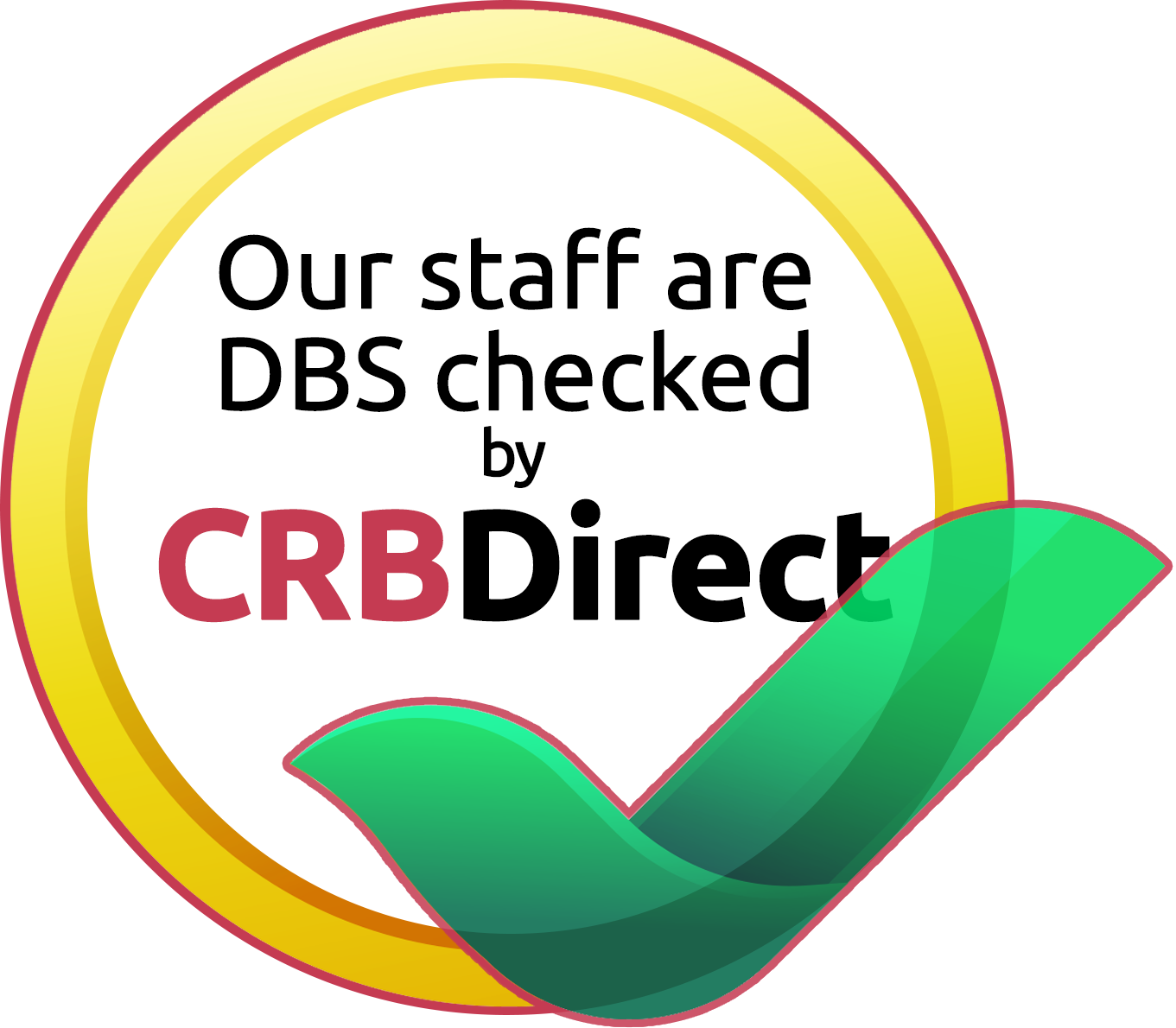 Thousands of children across the UK are looked after by childminders. They often offer more flexible childcare than nurseries, along with a “home from home” environment. Finding a good childminder can be tough. Good childminders often don’t advertise as word gets around about how good they are. Choosing the right setting for your child means weighing up a range of factors. One of the most important factors is DBS checks and other vetting procedures for childcare workers. So what exactly are the rules about checking for childminders?
Thousands of children across the UK are looked after by childminders. They often offer more flexible childcare than nurseries, along with a “home from home” environment. Finding a good childminder can be tough. Good childminders often don’t advertise as word gets around about how good they are. Choosing the right setting for your child means weighing up a range of factors. One of the most important factors is DBS checks and other vetting procedures for childcare workers. So what exactly are the rules about checking for childminders?
Enhanced DBS Checks
People who wish to work as childminders have to register with Ofsted in England and Wales, or with the Care Inspectorate in Scotland. The only exception to this is people who aren’t being paid for their childcare, such as grandparents helping out with grandchildren, or two people who take turns to have each other’s children when working. In other situations, where a childminder is charging for the service, they must be registered. There are lots of different components to the registration process. Childminders will have their properties inspected for safety, and may have to complete training on first aid or food hygiene.
Another vital part of the process is an enhanced DBS check. This is the most detailed type of disclosure check and looks into an applicant’s full criminal history. Some convictions or cautions from years back might appear on a DBS certificate. Having something listed on your certificate doesn’t mean you’ll be automatically barred from being a childminder, the decision is made on a case by case basis.
All Members of the Household
Unlike other forms of childcare, a childminder welcomes children into their home to be looked after. So it’s not just the childminder who requires an enhanced DBS check. Other members of the family over the age of 18 will need a certificate too. Ofsted and other regulatory bodies help thousands of childminders and their families through the application process each year. If you have any questions about the process, ask for help.
Enhanced disclosures also involve a search of the barred lists. These are formal registers kept by the Home Office which list people legally blocked from working with children. Childminders are in an unusual position in this respect in that they can be “barred by association”. That means that if any of the other adults in their home are listed as barred, they won’t be able to register as a childminder. They would, however, be free to go and get a childcare job in a school or nursery. It’s purely the home setting which is problematic.
Renewing DBS
There’s no set process for renewing a DBS check once you have registered as a childminder. Most childminders are inspected by the relevant body every three years. If you move house or have to re-register with another body for any reason, they may ask for another DBS. If this is likely to happen, consider signing up for the DBS Service which gives you live access to your DBS information over the internet. It shortens the processing time substantially.
